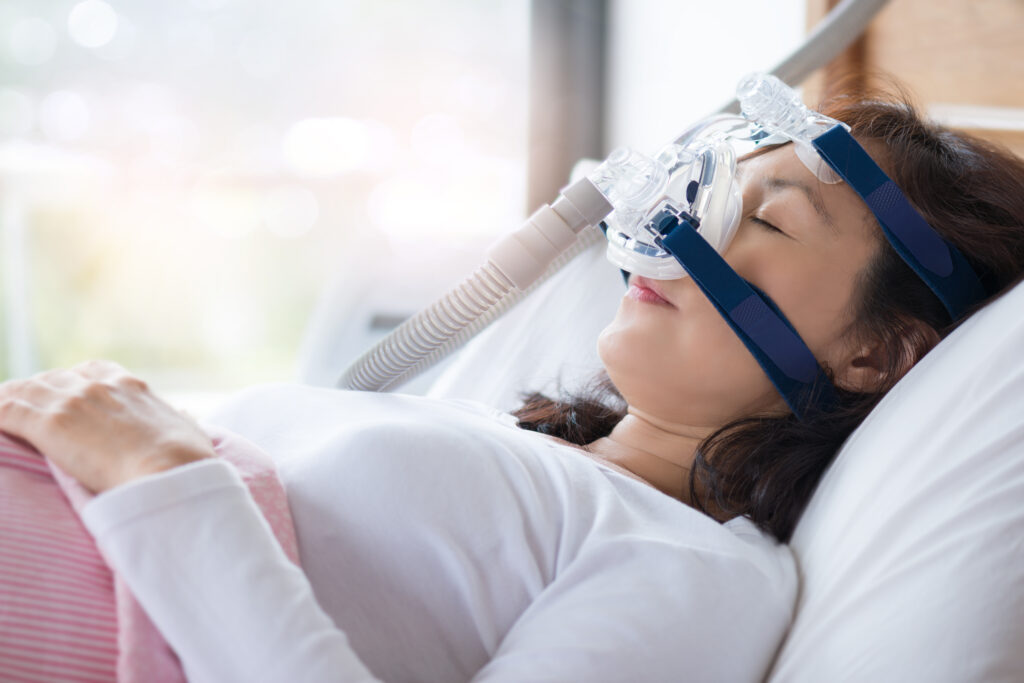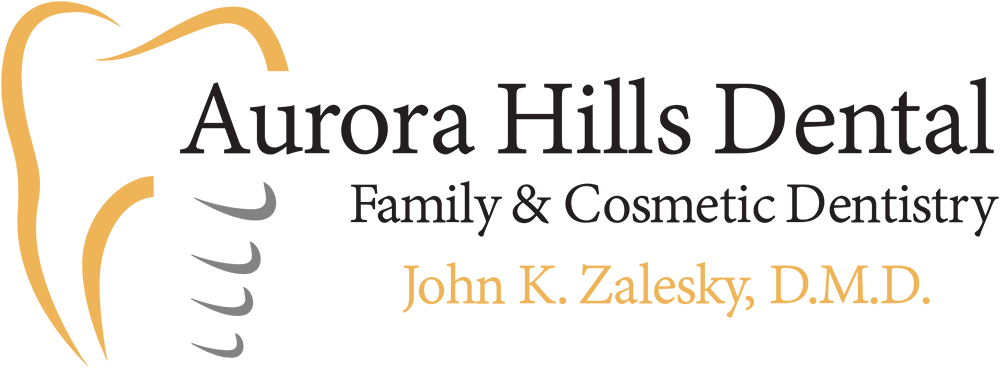Sleep Apnea Treatment
 If you have been told you snore loudly and you frequently wake up feeling unrested, you could have sleep apnea. If you suspect you have sleep apnea, we encourage you to schedule an appointment with our dentist, Dr. Zalesky, or your primary healthcare provider to start the process of getting diagnosed and treated.
If you have been told you snore loudly and you frequently wake up feeling unrested, you could have sleep apnea. If you suspect you have sleep apnea, we encourage you to schedule an appointment with our dentist, Dr. Zalesky, or your primary healthcare provider to start the process of getting diagnosed and treated.
What Is Sleep Apnea?
Sleep apnea is a sleep disorder characterized by the frequent stopping and starting of breathing during sleep.
Signs and Symptoms of Sleep Apnea
Since sleep apnea happens while a person is sleeping, it’s most often detected when a person’s partner, roommate, or children tell them that they are snoring loudly and that their breathing stops in the night.
If you live alone, however, some daytime signs and symptoms could indicate a problem with sleep apnea. These include:
- Gasping for air in the night
- Waking with a dry mouth or sore throat
- Frequent headaches and migraines, especially in the morning
- Insomnia (trouble staying asleep)
- Hypersomnia (daytime sleepiness or trouble staying awake)
- Inability to focus during the day
- Irritability
If you experience any of the above-listed symptoms, snore loudly, or have been told that your breathing stops during the night, we strongly encourage you to schedule an appointment to have your sleep apnea evaluated.
A sleep apnea diagnosis requires a sleep study at a sleep clinic to which Dr. Zalesky or your primary care provider can provide you with a referral.
What Causes Sleep Apnea?
Sleep apnea has two primary causes, and the underlying cause of the condition results in slightly different diagnoses of different types of sleep apnea.
Obstructive Sleep Apnea (OSA)
Obstructive sleep apnea is the most common type. It’s caused by the actual, physical obstruction of a person’s airways during sleep. This usually occurs due to the soft tissues in the neck and throat collapsing and blocking the airway.
While this form of sleep apnea is more common in individuals who are overweight or obese, people who are at a healthy weight can also suffer from obstructive sleep apnea.
Central Sleep Apnea
The frequent cessation of breathing with central sleep apnea is due to a disorder with a person’s nervous system that stops or blocks breathing signals traveling from the brain to the muscles that control the person’s airways.
Complex Sleep Apnea
Complex sleep apnea is diagnosed when a person suffers from a combination of both obstructive sleep apnea and central sleep apnea.
Sleep Apnea Risks: The Dangers of Untreated Sleep Apnea
Untreated sleep apnea poses a variety of health and safety risks. Repeatedly getting low-quality rest could make you a hazard at work or on the road, driving your car.
Additionally, repeatedly pausing breathing while asleep restricts your oxygen levels and puts stress on your entire body. This can increase your risk of developing or worsening heart disease in addition to type 2 diabetes, metabolic syndrome, liver problems, and more — not to mention the stress your loud snoring is likely putting on your partner.
How Aurora Hills Dental Can Help With Your Sleep Apnea
The most common treatment for sleep apnea is a CPAP machine that helps ensure stable breathing and oxygen levels throughout the night. Depending on the type of sleep apnea with which you are diagnosed, however, we might be able to provide you with sleep apnea treatment in our office in the form of a nightguard designed to prevent your airways from collapsing while you sleep.
To learn more about sleep apnea or to schedule an evaluation at Aurora Hills Dental, we welcome you to contact us today.




